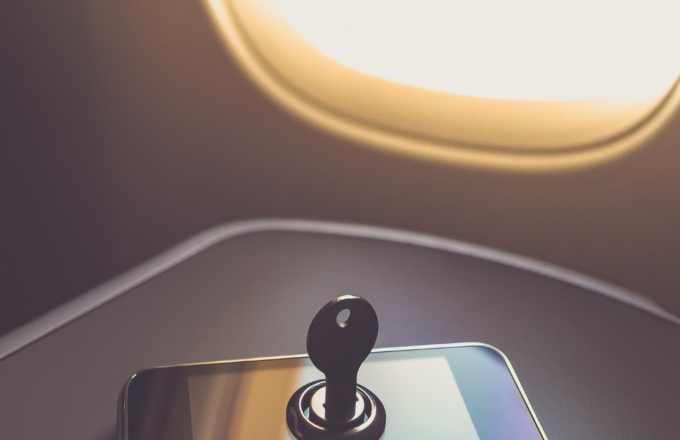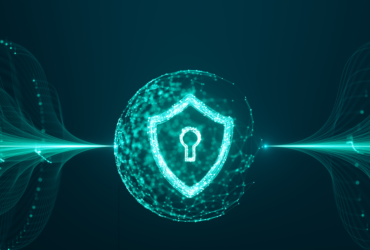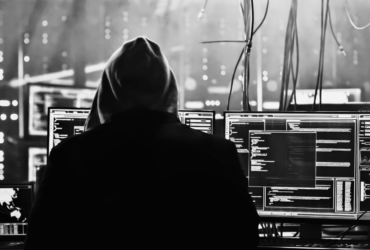
How to stay Cybersafe while your travel
November 9, 2021
In the excitement of our holiday, it can be easy to be complacent when it comes to the security of our devices. We seem to have this need to be continually connected and expect to be able to do, regardless of where we are, including 10,000 ft in the air.
But before you rush to check-in at the airport, remember the rule “If You Connect IT, Protect IT”.
The risks associated with carrying electronic devices while travelling arise from two sources: the likelihood that your device will be compromised and the impact of such a compromise.
These risks fall into two main categories: exposing private information and being compromised by malware while travelling.
The likelihood of being compromised by malware is greater when travelling outside of Australia and especially high when governments operate and manage the Internet.
BEFORE YOU TRAVEL
A little preparation goes a long way. Spend some time to ensure you do the following before you travel
- Update to latest security – Whether it’s your computer, smartphone, game device, or other network devices, the best defence against viruses and malware is to update to the latest security software, web browser, and operating systems. Sign up for automatic updates, if you can, and protect your devices with anti-virus software.
• Back up your information. Back up your contacts, financial data, photos, videos, and other mobile device data to another device or cloud service in case your device is compromised, and you have to reset it to factory settings.
• Connect only with people you trust. While some social networks might seem safer for connecting because of the limited personal information shared through them, keep your connections to people you know and trust.
• Keep up to date. Keep your software updated to the latest version available. Maintain your security settings to keep your information safe by turning on automatic updates so you don’t have to think about it and set your security software to run regular scans.
• Double your login protection. Enable multi-factor authentication (MFA) to ensure that the only person who has access to your account is you. Use it for email, banking, social media, and any other service that requires logging in.
DURING YOUR TRIP
• Stop auto-connecting. Some devices will automatically seek and connect to available wireless networks or Bluetooth devices. This instant connection opens the door for cybercriminals to remotely access your devices. Disable these features so that you actively choose when to connect to a safe network.
• Stay protected while connected – Before you connect to any public wireless hotspot—such as at an airport, hotel, or café, be sure to confirm the name of the network and exact login procedures with appropriate staff to ensure that the network is legitimate. If you do use an unsecured public access point, practice good Internet hygiene by avoiding sensitive activities (e.g., banking) that require passwords or credit cards. Your personal hotspot is often a safer alternative to free WiFi. Only use sites that begin with “https://” when online shopping or banking.
• Play hard to get with strangers – Cybercriminals use phishing tactics, hoping to fool their victims. If you’re unsure who an email is from, even if the details appear accurate, or if the email looks “phishy,” do not respond and do not click on any links or attachments found in that email. When available use the “junk” or “block” option to no longer receive messages from a particular sender.
• Never click and tell – Limit what information you post on social media. What many people don’t realize is that these seemingly random details are all that criminals need to know to target you, your loved ones, and your physical belongings, online and in the real world. Keep account numbers, and passwords private, as well as specific information about yourself, such as your full name, address, birthday, and even vacation plans. Disable location services that allow anyone to see where you are, and where you aren’t at any given time.
• Guard your mobile devices. To prevent theft and unauthorized access or loss of sensitive information, never leave your equipment, including any USB or external storage devices, unattended in a public place
If you are a victim of cybercrime having Cyber insurance can help you with the costs associated with rectifying this. Download this free guide and talk to our team about your options



